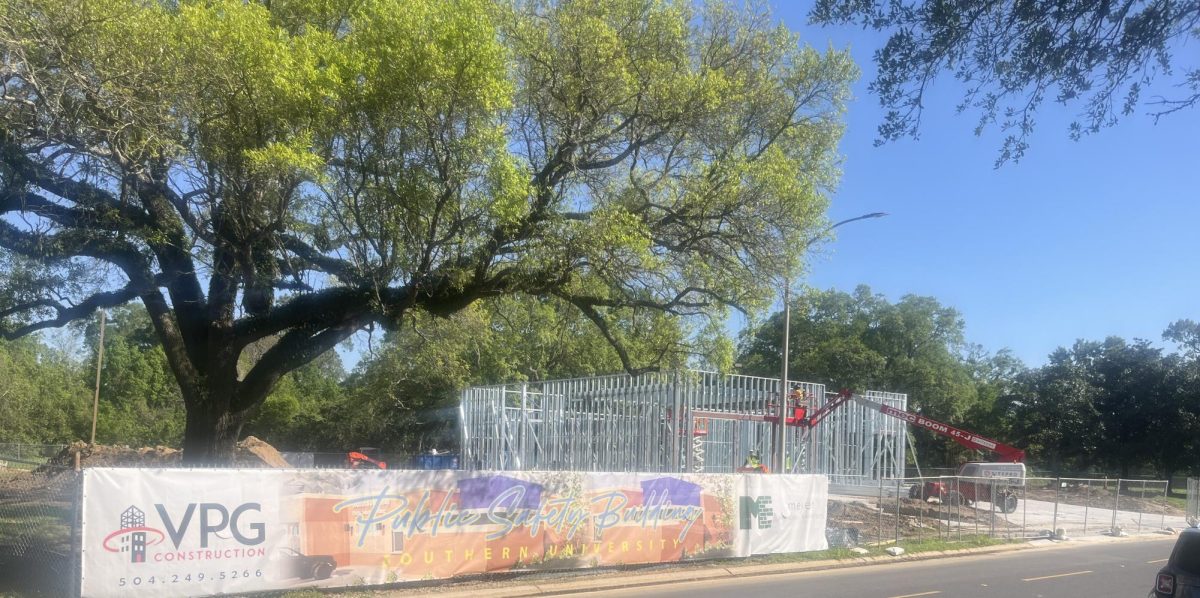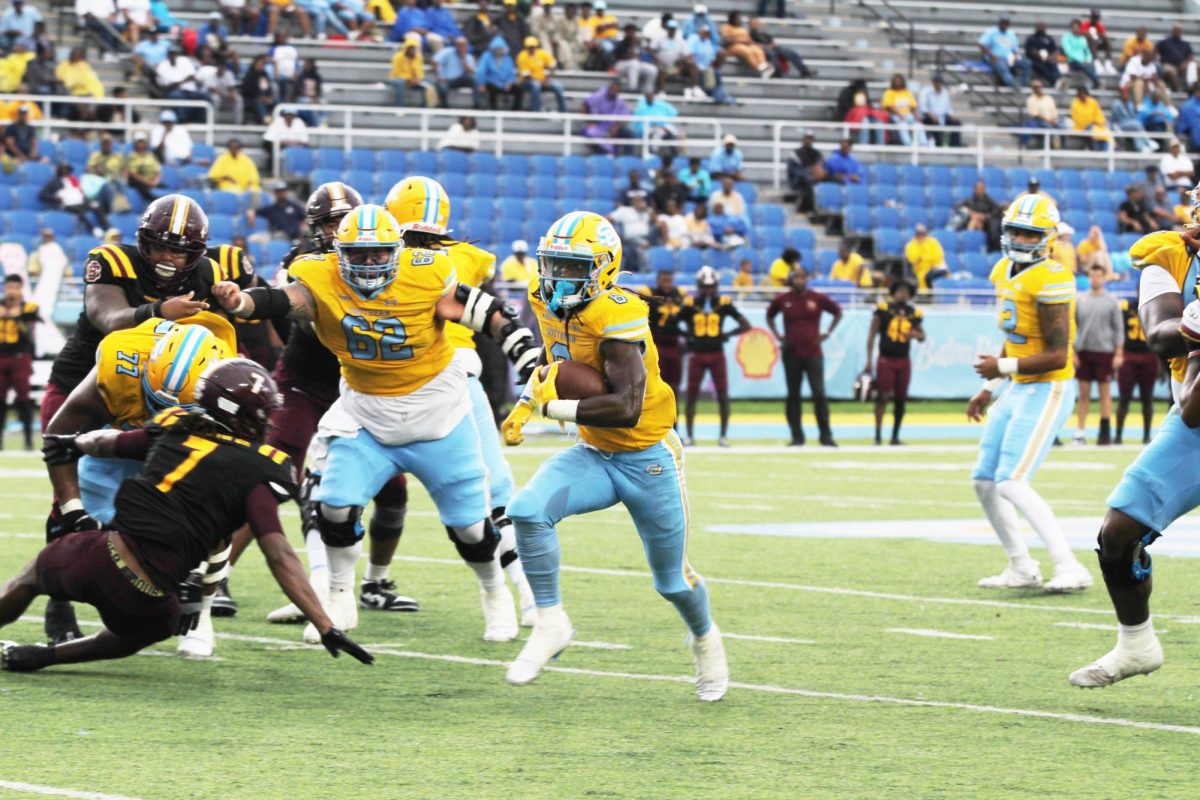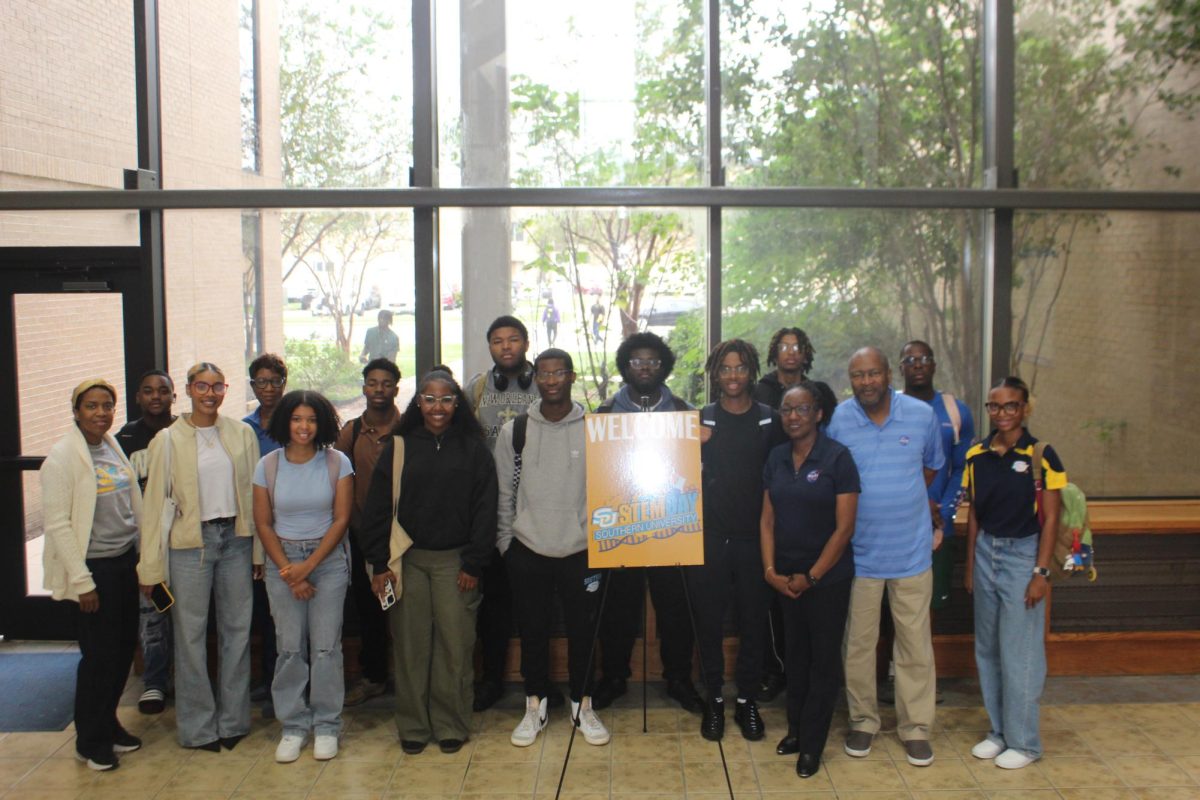According to nola.com, Baton Rouge has one of the highest rates of HIV and AIDS cases in the country. The city has dropped below Atlanta in the new rankings based on 2012 data. HAART (Health Alliance for Region Two, Inc.) brings awareness to the topics by presenting health disparities in Louisiana.
The presentation started off by dismissing misconceptions about HIV by stating it is not something that ‘guilty’ people get or a punishment for cheating, lying, using drugs or alcohol, having more than one partner or not asking the right questions. It is a virus whose transmission is fueled by poverty, ignorance, racism, sexism, homophobia, fear, violence and many other factors—not by people with HIV.
HIV stigma is defined by having unfavorable attitudes and beliefs directed toward people living with HIV, the family, friends, social groups and communities. The presentation went on showing statistics of the effects of negative attitudes. Statistics show people who have faced the effects of negative attitudes are eight times more likely to have tried to commit suicide, six times more likely to report high levels of depression, three times more likely to use illegal drugs and three times more likely to have risky sex. These symptoms make it difficult to be open about sexual orientation, limit access to health care, causes poor mental health and increases violence, making the victims often suffer from depression.
Students viewed the program to be very beneficial.
“I felt the program was very informative,” said Ashanti Scott, a junior social work major from New Orleans. “It taught me some things I didn’t know about HIV and I’m glad I got the opportunity to learn these facts.”
Other students found the presentation to be helpful in terms of the effects of being HIV positive.
“All people think about is how the actual virus affects that person’s body, but nobody really thinks about the mental aspect of the subject,” said Brandon Johnson, a freshman computer science major from Atlanta, Georgia. “The whole thing just gives you a different perspective to think about.”
Of all Americans with HIV, only 25% are virally suppressed.
The program ended with discussion about the actions people can take to reduce stigma socially by having higher esteem, more positive group identity and positive mental health in safe space schools with peer led organizations, workshops and testing events. HAART focuses on breaking stigma and continues to bring attention to this important issue.
Categories:
HARRT visits the Bluff
February 14, 2017
0
More to Discover











